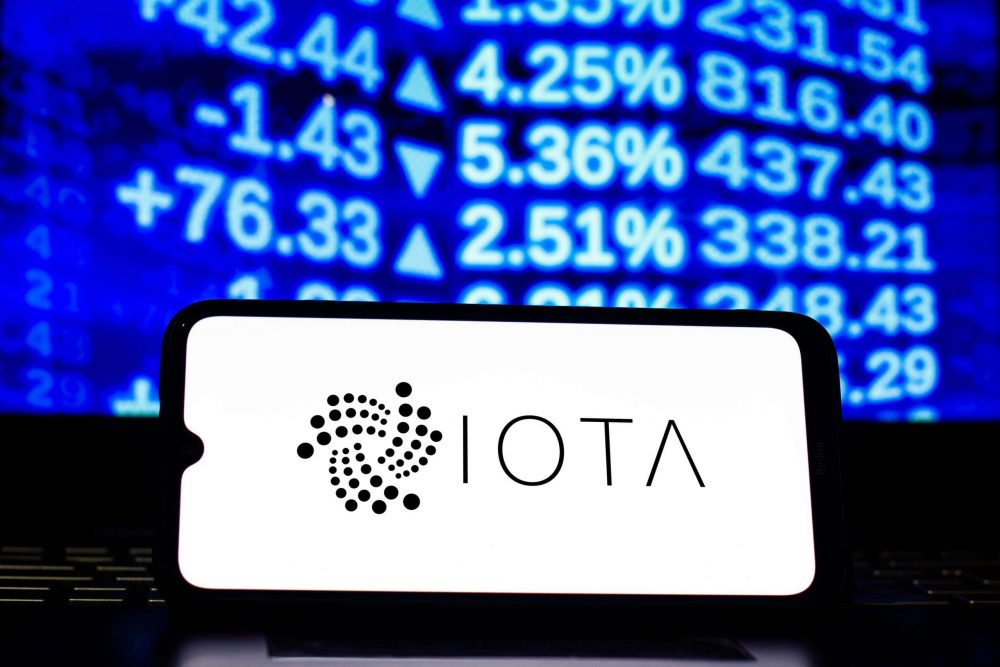The International Monetary Fund (IMF) has called for global standards to be prioritized in managing the growing acceptance of cryptocurrencies. In particular, the organization pointed out that unregulated growth can have catastrophic consequences for local economies.
The IMF identifies potential challenges
In its blog post, the IMF emphasized that despite the growth of the cryptoecosystem to more than $ 2 trillion, “the risk to consumer protection remains relatively significant. They also cites the growing number of projects listed on exchanges that have no active developers or volume. The fund claims that these classes of cryptocurrencies were created for fraud, speculation, terrorist financing and even money laundering.
In their submission, we can also read that “threats to fiscal policy could also intensify, given the potential of cryptocurrencies to facilitate tax evasion and the rate of mass adoption. For these and other reasons, according to the IMF, they tend to cause huge capital outflows, which are unhealthy for the local economy. As cryptocurrency miners find new homes, the IMF identifies the potential burden that mining activities could have on the national electricity grid, especially in countries that rely on more energy-intensive forms of energy.”
The publication also explored the problem of stablecoins. The IMF notes that “stablecoins could be subject to runs”, which can have profound consequences due to the loss of investor confidence in the credibility of reserves and the speed with which reserves can be liquidated. Given that there is a significant gap in global cooperation, supervision and enforcement thus become a difficult task.
Way out?
The IMF recommends major policy action to improve the current situation and reduce negative impacts. They suggests that law enforcement agencies work together to reduce “regulatory arbitrage” and effectively close any loopholes that could be exploited. It also calls on regulators to increase the rules on stablecoins and potentially place them in the same categories as banks and other financial institutions.
The rate of cryptocurrency in developing countries is rising sharply, and this trend can be attributed to a lack of confidence in their central banks and inefficient payment systems. To prevent the negative effects of “cryptocurrency”, the IMF advises governments to develop policies that are tailored to strengthen macroeconomic metrics. Globally, countries are also encouraged to adopt a G20 cross-border payment plan that would improve the current cross-border payment regime.
The Fund emphasized the urgency of these challenges and noted that:
“Time is of the essence and action must be decisive, swift and well coordinated around the world to deliver benefits, but at the same time vulnerabilities must be addressed.”
Conclusion
We recall that in the past the IMF strongly warned against the acceptance of BTC as official currency by El Salvador and called it an “inappropriate abbreviation”. This financial institution, based in the USA, was founded in 1944 and its goals include reducing poverty, facilitating international trade and ensuring financial stability.
So I say to myself, isn’t BTC trying to do the same?
How to create an NFT on Bitcoin Cash – cheapest way to non-fungible token
- CryptoQuant Analyst: Bitcoin Nowhere Near Its Peak – Buckle Up, Hodlers! - December 21, 2024
- Chainalysis: $2.2 Billion Lost to Crypto Hacks in 2024 - December 21, 2024
- Bank of Japan leaves interest rate unchanged: Impact on the macroeconomy and the crypto market - December 20, 2024












![Best Platforms for Copy Trading in [current_date format=Y] 14 Best Platforms for Copy Trading](https://cryptheory.org/wp-content/uploads/2024/12/copy-trading-120x86.jpg)











